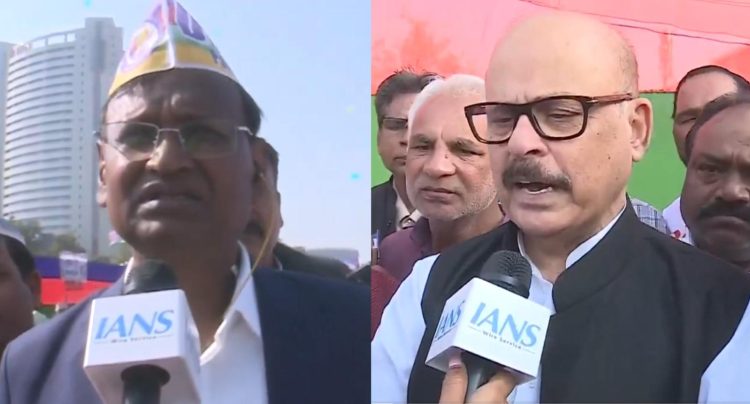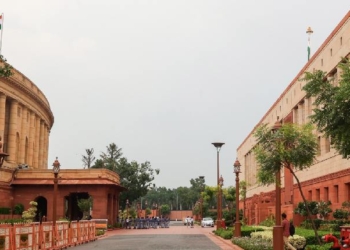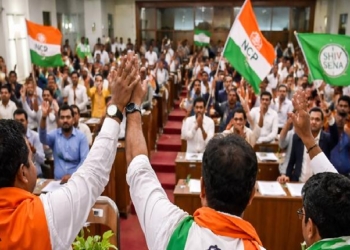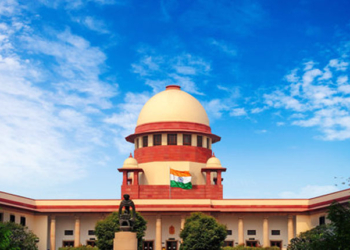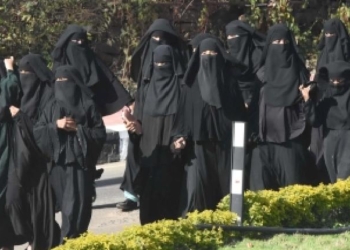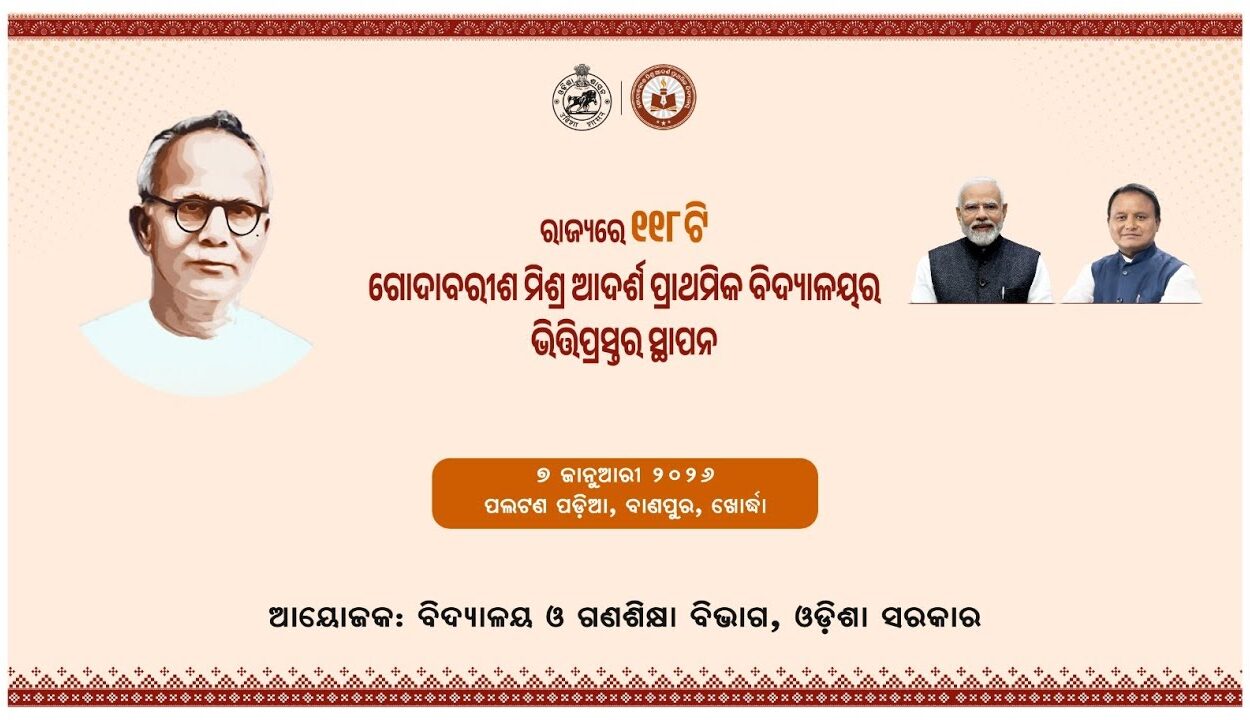New Delhi: The Congress on Sunday slammed Rashtriya Swayamsevak Sangh (RSS) chief Mohan Bhagwat for his remarks advocating an increase in fertility rates to ensure the “survival of society.”
In his address at the ‘Kathale Kul Sammelan’ in Nagpur, he expressed concerns over the declining population graph and stressed the need to maintain a fertility rate of 2.1. Highlighting historical precedents, Bhagwat warned that societies and languages have disappeared due to an inability to adapt to changing times. “The population should not go below 2.1. Our country’s population policy was decided between 1998 and 2002, and for any society to survive, its population should not fall below this level,” Bhagwat stated.
Congress leaders sharply criticised Bhagwat’s statements, calling them regressive and detrimental to India’s progress.
Congress MP Tariq Anwar described the remarks as “an example of mental bankruptcy,” accusing Bhagwat and the Sangh of attempting to divide society.
“These are disgusting statements aimed at disrupting unity. Their entire focus is on taking the country backwards,” Anwar told IANS.
Echoing this sentiment, Congress leader and former MP Udit Raj questioned the rationale behind advocating for population growth.
“Is it necessary to increase the population, or should we focus on the country’s development? This backward thinking will only lead to more poverty,” he said.
“Without advancements in science, technology, and agricultural production, increasing the population will achieve nothing,” Raj told IANS.
Moreover, Bhagwat’s comments sparked a broader debate on the implications of fertility rates and population policies.
While the RSS chief emphasised that a reproduction rate above 2.1 is essential for the survival of any race, critics pointed out the challenges of overpopulation, resource scarcity, and the need for balanced development.
The remarks come amid a growing focus on India’s demographic trends and policies, with contrasting opinions on how to address the complexities of population growth and economic development.
(IANS)




